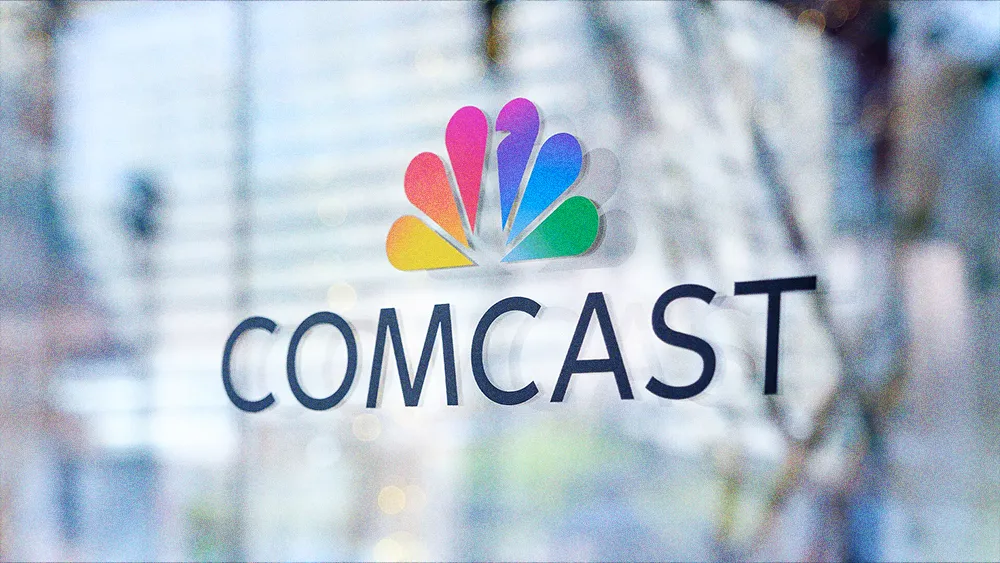


Comcast Advertising is finally plugging traditional television into the same automated, data-driven ad-buying systems used for digital media, a move that bridges a long-standing gap between the two worlds, as first reported by AdExchanger. The new solution, powered by its ad-tech subsidiary FreeWheel, opens up linear TV inventory to programmatic bidding for the first time.
One simple plan: The change tackles a major headache for advertisers who previously had to plan their TV and streaming campaigns in separate, siloed systems. “One of the key pillars the advertising industry needs to deliver is simplicity for the marketer, and introducing biddable ads on traditional TV is a major step toward that goal, bringing ease, efficiency, and scale to programmatic campaign delivery,” said James Rooke, President of Comcast Advertising.
Data meets broadcast: The system integrates Comcast’s broadcast ad slots into a private marketplace (PMP), making over 11 billion monthly impressions available to programmatic buyers. It also means the same audience-targeting data used in digital campaigns can now be applied to broadcast TV spots, closing a major gap in media planning.
Beyond the beta: While the dream of programmatic linear has been floated before, earlier efforts were limited to just a few ad spots per hour. This new system abandons that piecemeal approach by applying to all of Comcast's inventory. Agency holding company Dentsu was the first to test the platform, running a unified campaign for the movie "Stitch Head" across both streaming and biddable linear TV.
By making traditional TV inventory targetable and biddable alongside digital, Comcast is making a major play to keep linear television relevant and efficient for modern advertisers.
The move comes as advertiser confidence in traditional TV remains strong, with 80% planning to maintain or increase their spend. Meanwhile, the value of linear TV is also being highlighted in carriage disputes, as seen in the looming blackout battle between Nexstar and Verizon.